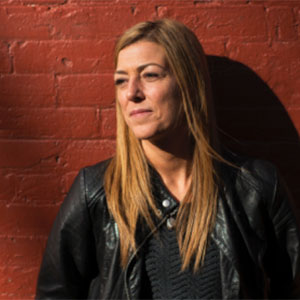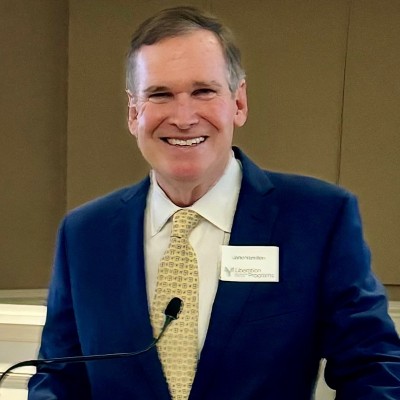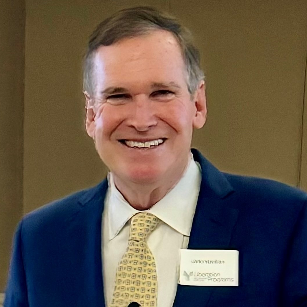


Breaking Down the Harm Reduction and Addiction Treatment Divide
Breaking Down the Harm Reduction and Addiction Treatment Divide
Pricing
Information
Recorded
-
-
Learning Objectives
Participants will be able to:
-
Explain how managed alcohol programs (MAPs), Medication for Opioid Use Disorder (MOUD), and overdose prevention centers are effective strategies for engaging hard-to-reach populations.
-
Describe 2-3 ways harm reduction and traditional addiction treatment can be synergized to offer a continuum of care that respects and supports various recovery paths.
-
Identify 3 cultural changes needed within treatment teams to create emotionally safe environments that do not alienate abstinent clients while embracing harm reduction principles.
-
Summarize how addressing trauma, advocating for human rights, and incorporating social justice principles are integral to effective addiction treatment.
Description
The persistent divide between harm reduction and traditional addiction treatment approaches remains a significant barrier to providing comprehensive care for individuals with substance use disorders. Bridging the divide between harm reduction and traditional addiction treatment is essential for providing comprehensive care to those with substance use disorders. By adopting innovative models like MAPs, MOUD, and Overdose Prevention Centers, and fostering a culture of emotional safety and inclusivity, we can create a treatment landscape that meets the diverse needs of individuals and supports their journey to recovery.
Target Audience
- Addiction Professional
- Counselor
- Marriage & Family Therapist
- Nurse
- Physician
- Psychologist
- Social Worker
Presenters

Liz Evans has over 30 years of frontline experience working with marginalized individuals struggling with drug use. With a Nursing degree and a Masters in Adult Education, she founded the PHS Community Services Society, introducing housing first and harm reduction policies in Canada establishing North America’s first legally sanctioned injection site in 2003. She is a former Open Society Foundation Fellow. In New York, she led harm reduction organizations to pioneer a drug users health hub and expand overdose prevention services. Currently, as Senior Director of Harm Reduction at Liberation Programs, Liz advances harm reduction approaches for individuals at risk of overdose in Connecticut. She also works as a consultant, continuing her dedication to marginalized communities.
President and CEO of Liberation Programs, John Hamilton re-joined the organization in 2018, having previously served from 1996-2006. He is nationally recognized as an expert in addiction treatment and prevention, with three decades of experience. John chairs the advisory board for the Connecticut Department of Mental Health and Addiction Services (DMHAS) and serves on the Governor’s Alcohol and Drug Policy Council. His extensive background includes leadership roles with the National Institute for Drug Abuse (NIDA) Clinical Trials Network and the American Association for the Treatment of Opioid Dependence (AATOD). Throughout his journey with Liz, John has been advancing the understanding of how harm reduction principles can save lives.
Financially Sponsored By
- GXC Events - The Global Exchange Conference
